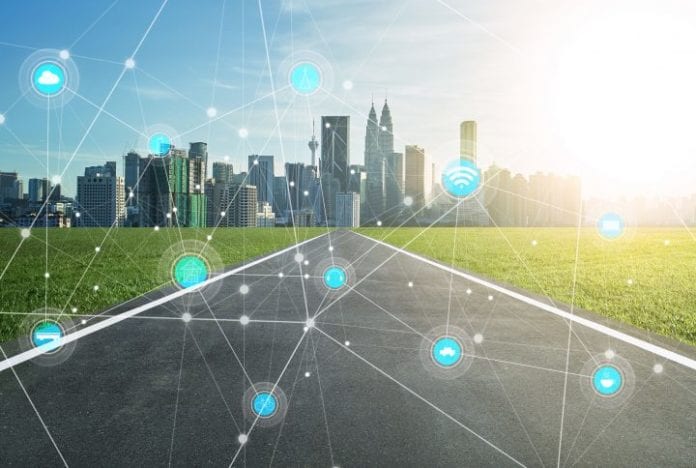Cisco launches smart city cloud to collect, analyze and share data
The smart city vision involves enriching quality of life by gaining data insight from interconnected sensors, devices and people. Perpetual urban issues like security, waste management and traffic can be addressed by using data to gain efficiencies; but to do this all of the data needs somewhere to go where it can be easily accessed and used by all stakeholders, both private and governmental. To address this need, Cisco announced its Smart+Connected Digital Platform, which was showcased at the Smart City Expo World Congress in Barcelona, Spain.
The cloud service has been deployed in Kansas City, Missouri; Copenhagen, Denmark; Jaipur, India; and Adelaide, Australia.
The cloud service, according to Cisco, will help break down intergovernmental silos wherein different departments have no clear channel to communicate and understand data-based priorities of other departments – a factor seen as a major impediment to smart city adoption. Security is also a major aspect of the new product, as the continued perpetuation of the “internet of things” has (and will) created demonstrable security concerns.
In Kansas City, which Cisco previously partnered with on a public Wi-Fi deployment following a downtown streetcar route, the cloud platform is being used to “create an open platform for innovation with an ecosystem of partners that will be able to help us define the problem and the solution,” said Ashley Hand, the city’s CIO.
A major aspect of the Denmark project is monitoring and addressing air quality issues. “Using sensors and digital management systems and analytic programs, we can achieve a number of benefits under green transformation in becoming carbon neutral,” said Niels Carsten Bluhme of the Municipality of Albertslund. “We regard this as the most important accelerator of getting there.”
In a recent conversation with Ron Malenfant of Cisco’s Global Service Provider IoT business unit, he gave the example of a project in Manchester, U.K., that crowdsources data by putting sensors on rental bicycles, which, in turn, are “providing a tremendous amount of valuable data back to the city.”

